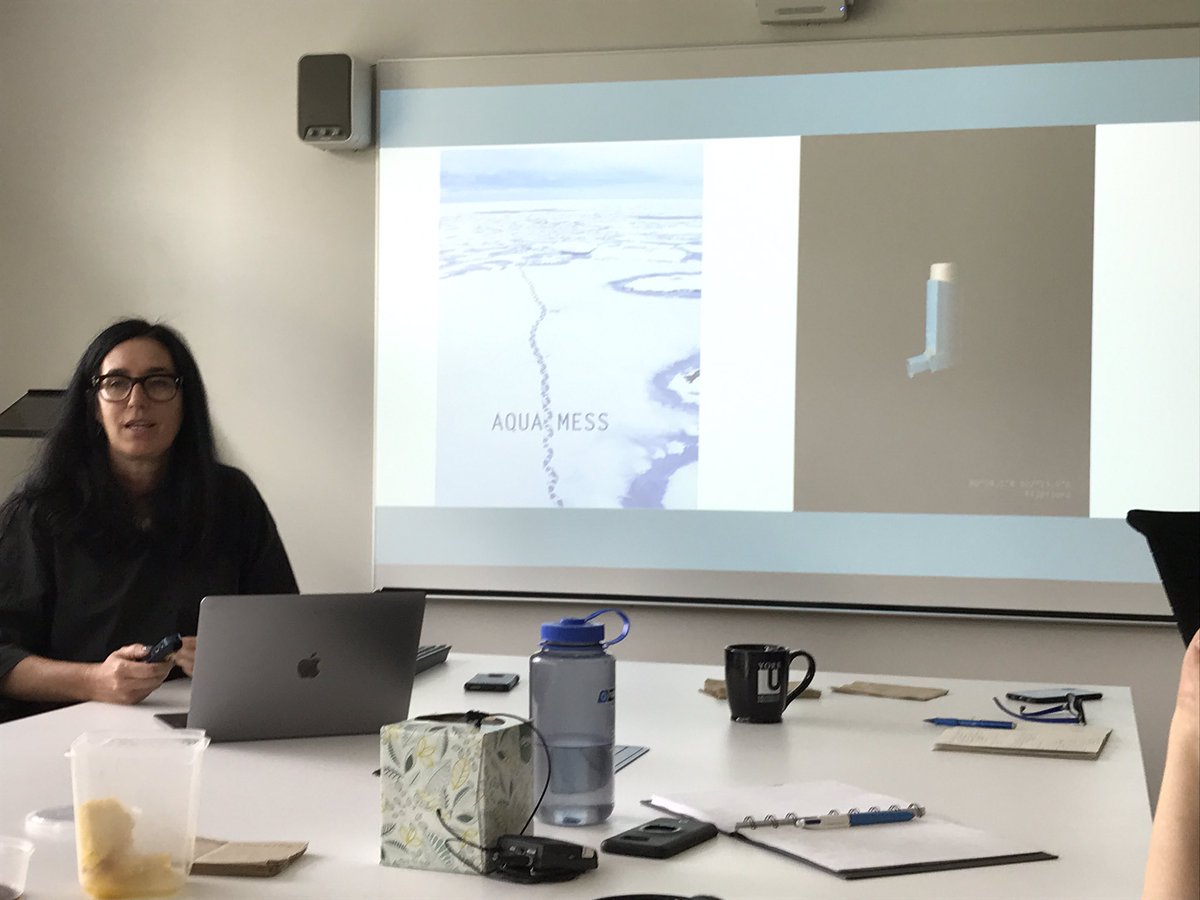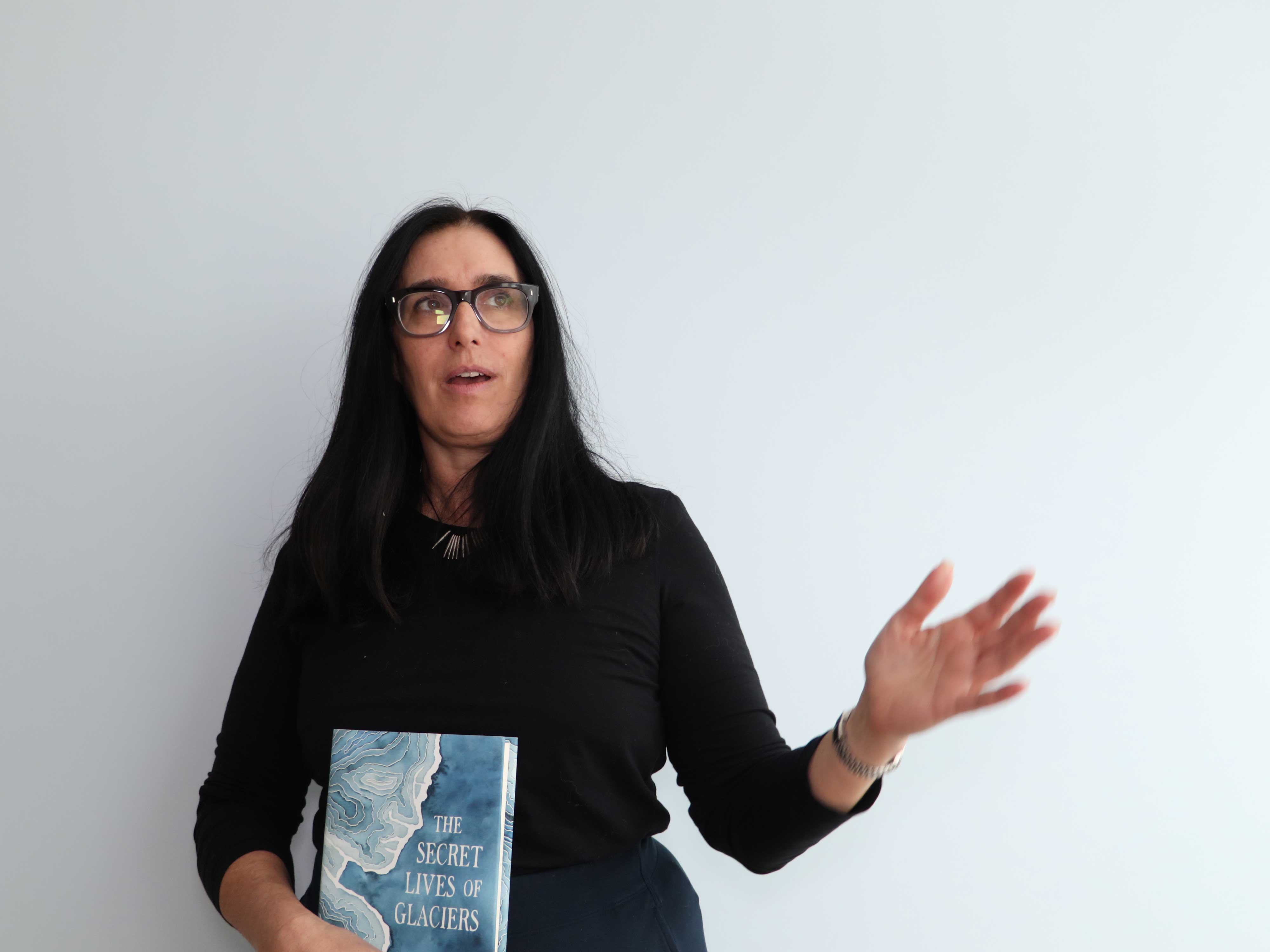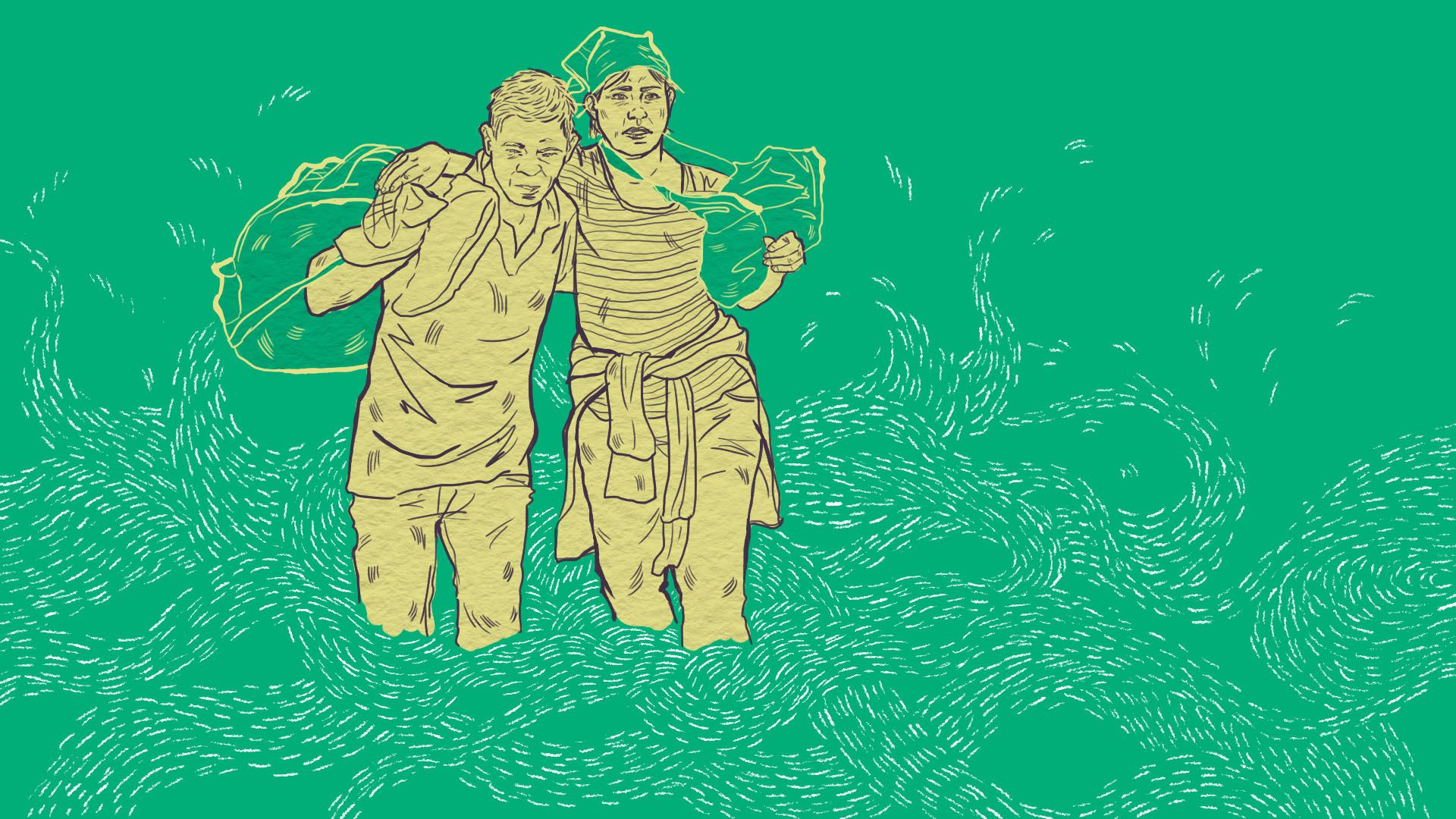Learnings from Inaugural Seminar, "Ocean Optimism"
September 16, 2019

At the inaugural Global Health Research Seminar, Dahdaleh Institute Community Scholar Carol Devine presented Ocean Optimism: Oceans and Us in the Anthropocene. Through her own SciArt pieces and through creative projects of others, she explored the far-reaching impact of harmful oceanic practices on species health, human health, and humanitarian issues.
The discussion which followed largely explored the role of the arts in advocacy and the relationship between humans and the ocean.
The seminar was the first in the Global Health Research Seminar Series. The next seminar will be held October 9, titled Bridging Research + Practice: Case Study of Chemical Water Quality and Child Malnutrition in a Humanitarian Setting.
The Moment
The event was live-tweeted. To get a flavour of the presentation and discussion, check out this Twitter Moment, a collection of tweets from the event.
⚡️ “Ocean Optimism: Oceans and Us in the Anthropocene”https://t.co/hUtGKl84Xv
— Dahdaleh Institute for Global Health Research (@DIGHR_YorkU) September 16, 2019
Key Learning
- We know so little about oceans!
- What we do know makes it clear that we need healthy oceans to have healthy people. Oceans are the source of most of our planet's water and half our oxygen. Oceans absorb carbon dioxide; regulate climate and weather patterns; allow us to transport goods; and provide protein, livelihoods, and medicinal products for communities globally
- Through the arts, we can tell compelling stories about the oceans and our relationship to it. These narratives, though, are never stable and can be used in unintended ways. We must always pay attention to who gets to tell these stories, and who gets left out
Related Content
Next/Previous
Presentation at Health Congress is Latest Dissemination Initiative from CWQ+SAM »
« Student Job: Data in Complex Humanitarian Emergencies Research Assistant



